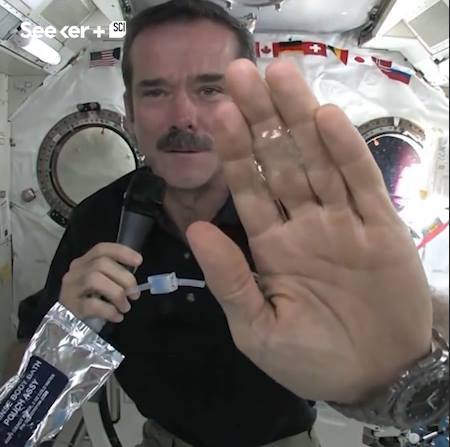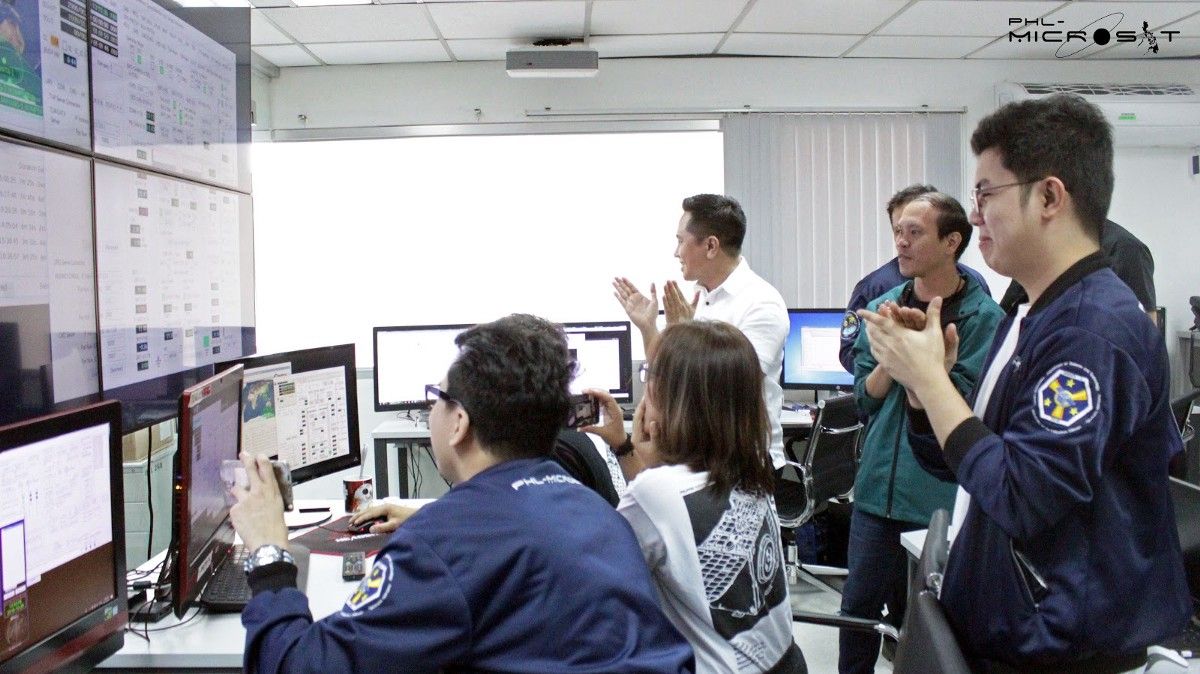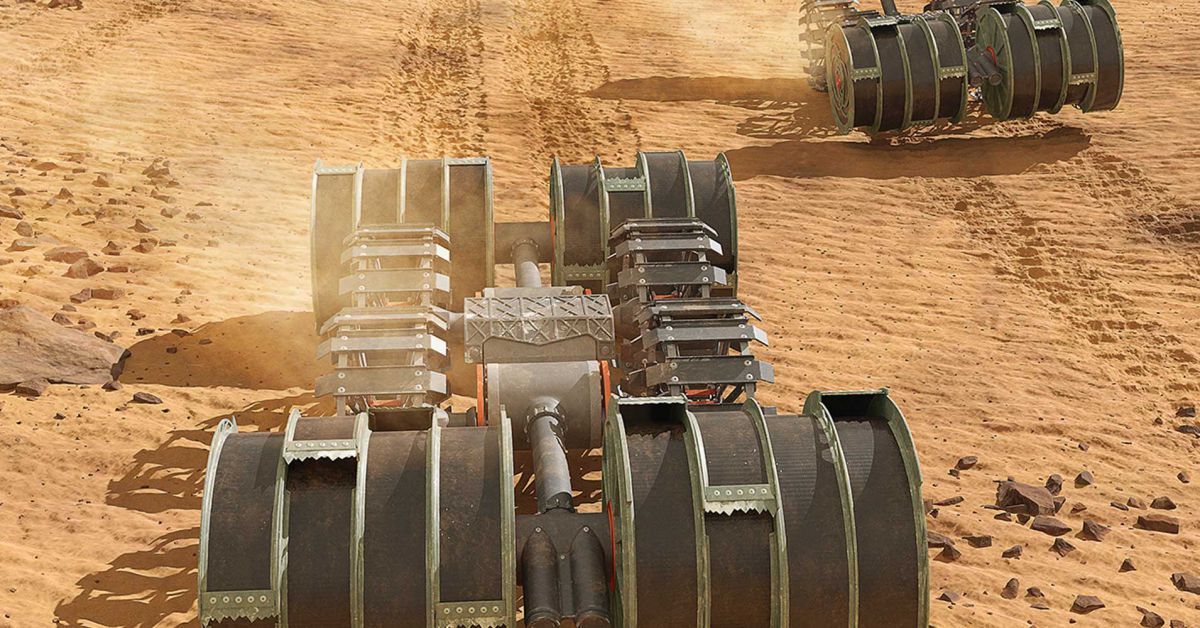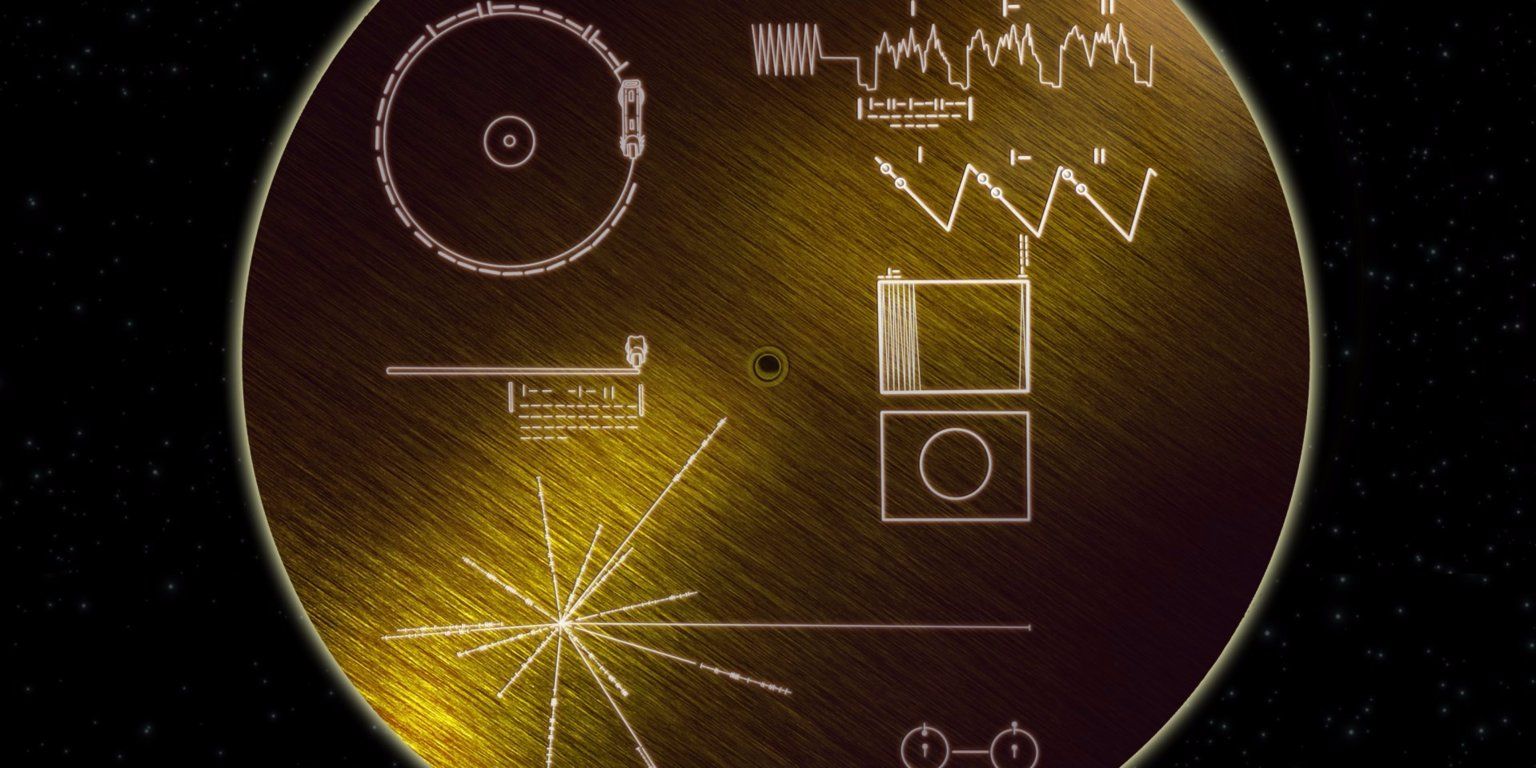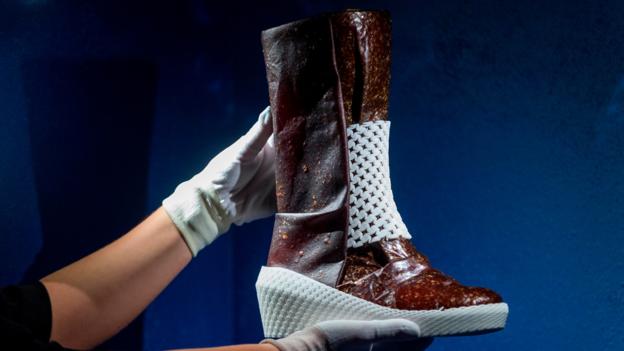Page 9414
Oct 31, 2018
Diwata-2 successfully launched to space, makes first contact
Posted by Michael Lance in categories: energy, satellites
Contact successful!
Diwata-2 was successfully launched to space on October 29, 2018 at 12:08 GMT+08 from the Tanegashima Space Center in Japan via H-IIA F40 rocket. It is one of the small satellites piggybacked with the main payloads IBUKI-2, also known as GOSAT-2 (JAXA’s Second Greenhouse Gases Observing Satellite), and KhalifaSat, a remote sensing Earth observation satellite developed by the Mohammed bin Rashid Space Centre (MBRSC) in the United Arab Emirates. The other small satellites are the Japanese-made Tenkou, PROITERES-2, Stars-AO, and AUTcube-2. Diwata-2 was inserted into the Sun-Synchronous Orbit at an altitude of 621 km, 43 minutes and 20 seconds after rocket lift-off.
On Oct 29, 2018 at 13:52 GMT+08, initial contact was established between Diwata-2 and the Ground Receiving Station (GRS) located at the Department of Science and Technology Advanced Science and Technology Institute (DOST-ASTI). Short telemetry data was received from the satellite on that day. Diwata-2 was initially tracked using pre-launch orbital parameters. As of 12:40 PM yesterday, October 31, 2018, the GRS can now read the satellite’s status, including vital signs such as fully charged batteries, normal power consumption, and good communication link. Commands were successfully sent and initial check procedures will continue throughout the first week from launch. Initial image captures from the cameras can be expected in the coming days.
Continue reading “Diwata-2 successfully launched to space, makes first contact” »
Oct 31, 2018
NASA Scientists Think They Can Extract Rocket Fuel From Martian Soil
Posted by Michael Lance in categories: energy, space
Promising NASA research could make Mars missions far more realistic.
This technology will one day allow humans to live and work on Mars—and return to Earth to tell the story.
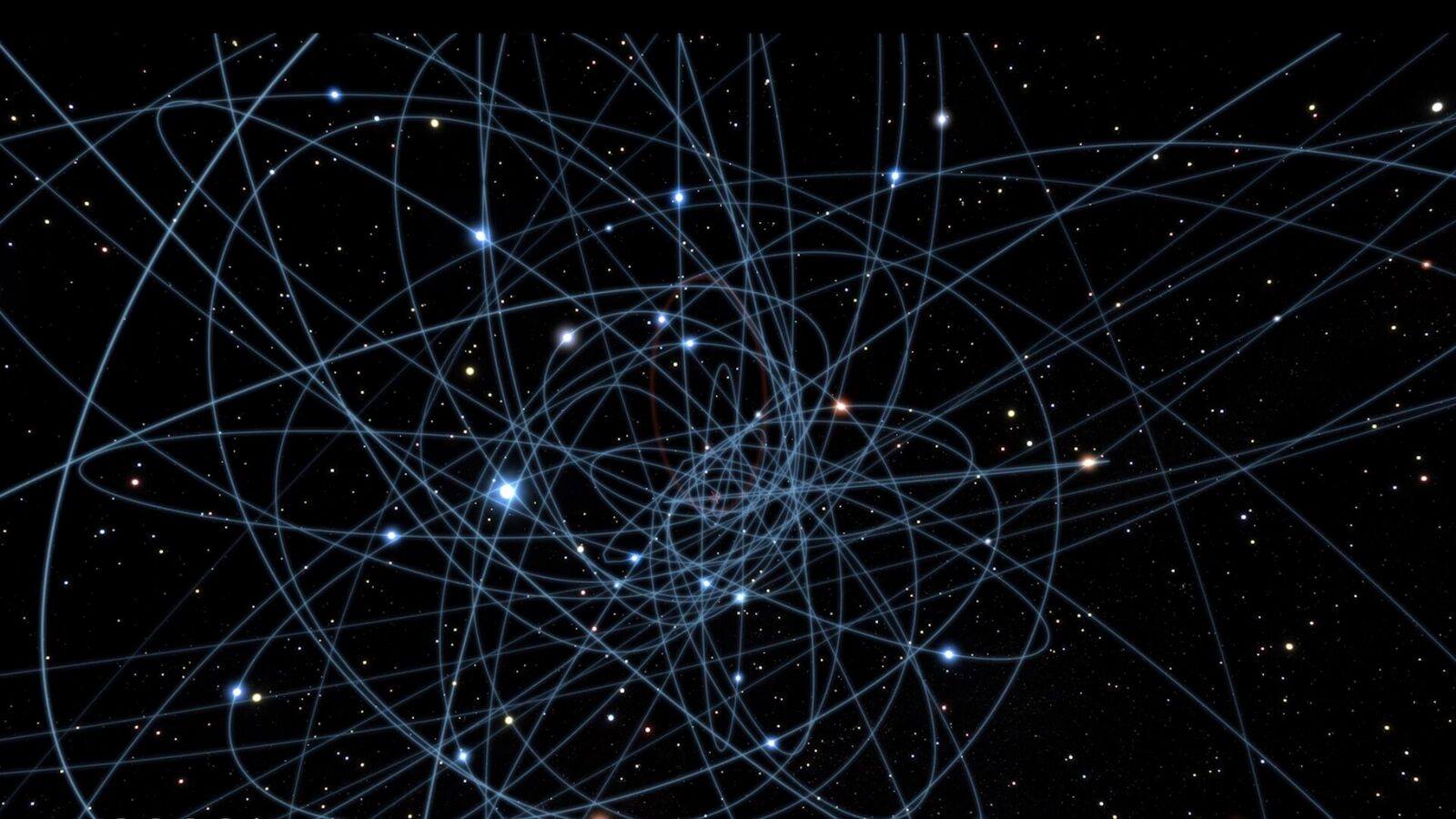
There is a monster at the heart of our Milky Way galaxy that eats stars. If it’s not a black hole, astronomers don’t know what else it could be: https://nyti.ms/2RrvazD
Oct 31, 2018
40 years ago, NASA sent a message to aliens — here’s what it says
Posted by Michael Lance in category: alien life
The message is carried on a golden record.
In September 1977, NASA launched Voyager I from Cape Canaveral, Florida. The craft carried a golden record that contained a message to aliens from the people of Earth. Here’s what it said.
EDITOR’S NOTE: This video was originally posted on February 17, 2016.
Continue reading “40 years ago, NASA sent a message to aliens — here’s what it says” »
Oct 31, 2018
Dr. Antonei Csoka at Ending Age-Related Diseases 2018 — Aging as Meta-Disease
Posted by Cathy Miller in categories: biotech/medical, life extension

Good information 💜.
Dr. Antonei Csoka of Howard University discusses the concept of aging as meta-disease and about the hierarchy of some of the Hallmarks of Aging. He also discusses some of the philosophical and metaphysical underpinnings for the goal of overcoming age-related disease.
Continue reading “Dr. Antonei Csoka at Ending Age-Related Diseases 2018 — Aging as Meta-Disease” »
Oct 31, 2018
Wanted: Researchers for China’s mega telescope to interpret signals from across the universe
Posted by Alberto Lao in category: space
Hidden in a remote mountain location is the world’s largest radio telescope which has already discovered 53 starsThe problem is finding enough astronomers to analyse the data.
Oct 31, 2018
How fungus and sweat could transform Martian exploration
Posted by Xavier Rosseel in category: space
As a product designer imagines a Martian boot made out of human sweat and fungus, her quest sparks a new question: can biomaterials open the door for a human colony on Mars?
Oct 31, 2018
Scientists Find Link Between Parkinson’s Disease and the Appendix
Posted by Genevieve Klien in category: biotech/medical
Scientists have found further evidence that the gut, or more specifically the appendix, might play a role in the development of Parkinson’s disease.
The international team of scientists reviewed two datasets, including a large registry from Sweden, and found that removal of the appendix was associated with a decreased risk of developing Parkinson’s disease. They also found that the human appendix contains clumps of a protein called alpha-synuclein in a form associated with the disease. There’s more work to be done, and the authors are not advocating that people preemptively remove their appendixes, but they hope that the research could provide a pathway towards treatment.
Find out how online gamers are helping scientists discover new exoplanets by playing EVE Online and taking part in Project Discovery.
